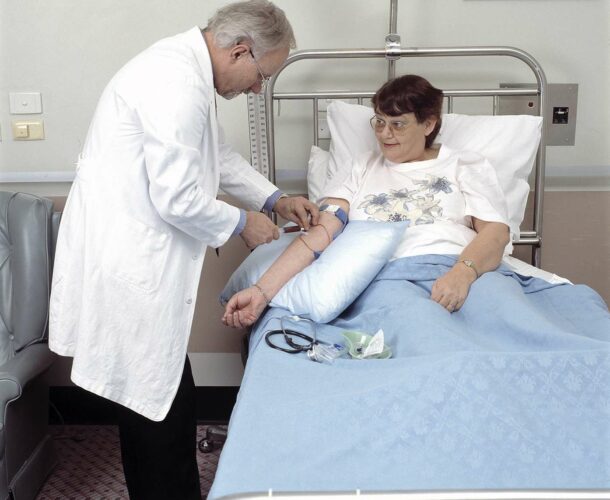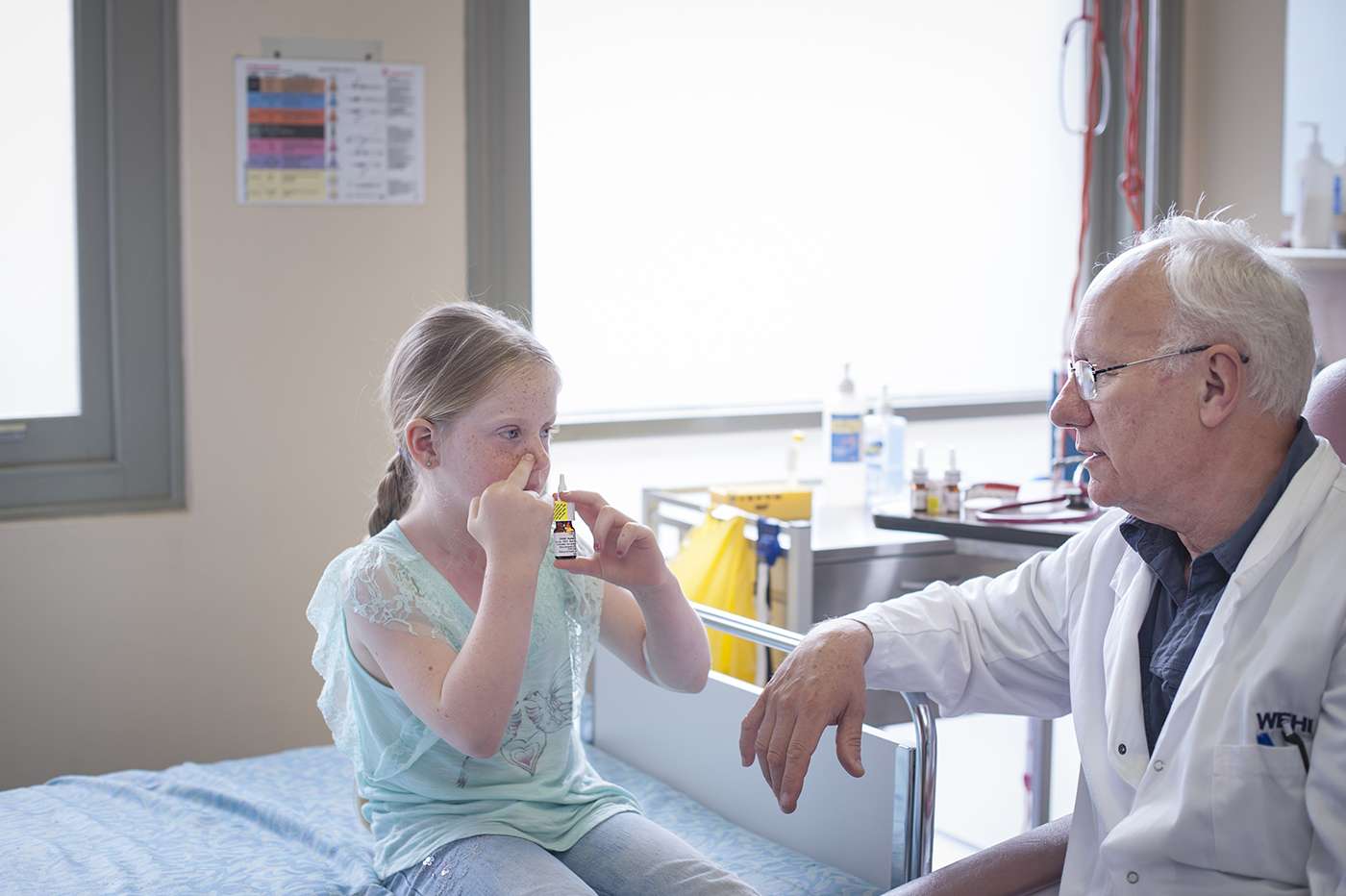Researchers show an insulin nasal spray can act as a negative vaccine to protect mice genetically fated to develop type 1 diabetes.
The study, led by Professor Len Harrison and colleagues, is the first to show a vaccine may be a way of preventing type 1 diabetes in those at risk of developing the disease.
A new approach
“Our objective was to re-educate the immune system to prevent or greatly reduce the possibility that it could mistakenly attack insulin in the beta cells and cause type 1 diabetes,” Harrison says.
“We tried an approach which could be applied in humans. We showed that administering insulin to the mucous membranes, a vast area of our body where immune response are naturally controlled by the generation of anti-inflammatory regulatory T cells, provides the best protection.”
It was the first direct evidence that insulin could activate regulatory T cells in the mucosa to enable the immune system to tolerate insulin.
“The intranasal vaccine is designed to take advantage of the mucous membrane’s role in teaching immune tolerance. It switches on what we call regulatory T cells, which have a vital role in dampening the immune response when it is activated inappropriately.”
A vaccine for humans
The long-term goal was to translate this new strategy to successfully prevent type 1 diabetes in humans.
“The approach was directly translatable to humans, and it gave us a tool – insulin – to use as the basis of a vaccine,” Harrison says.
Type 1 diabetes is an autoimmune disease in which the body’s immune system destroys its own insulin-producing cells, found in the pancreas. The result is a lifelong need for insulin injections, and a high risk of serious complications. In Australia alone, more than 120,000 people have type 1 diabetes and the incidence is increasing.
The advantage of the insulin vaccine over non-specific therapies, such as immunosuppressive drugs, is that it specifically suppresses the destructive immune T cells, but leaves those that we need to fight infections such as colds and flu.
In 2004 the results of an initial trial to establish the safety and bioresponse of the vaccine are released.
“The results from the first trial are encouraging. First, nasal insulin is established as being safe and, second, it is shown to have an effect on immune responses to insulin” Harrison says.
In 2011, in the second trial, Harrison and colleagues find that the nasal insulin vaccine induces immune tolerance to insulin. They show in people with early type 1 diabetes, that the vaccine suppresses immune responses to injected insulin.






